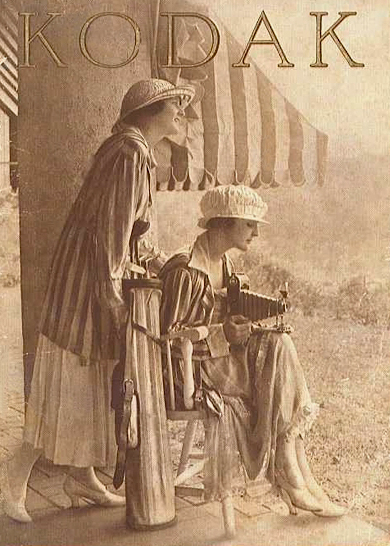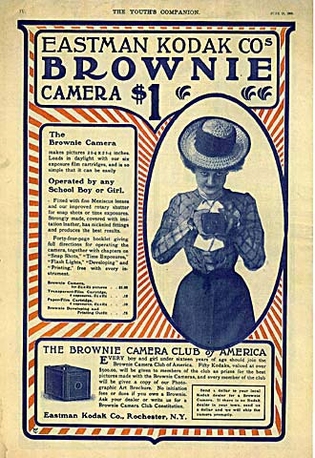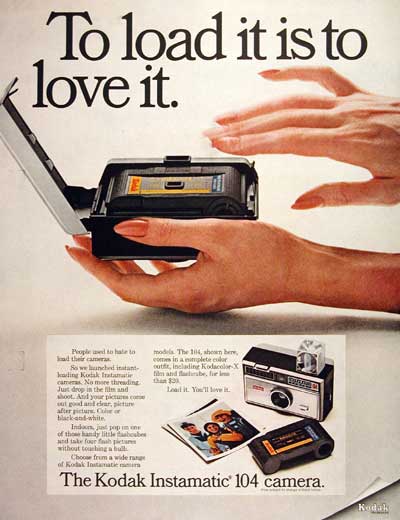
Sad news came over the last few days; the once glorious Eastman Kodak empire is very probably ending as the photographic pioneer prepares to file for brankruptcy. First Polaroid, now Kodak, have fallen in this digital age. It is very difficult to discuss Kodak in the present tense, as the situation looks far too grim for them to pull through.
The company that brought photography to the masses is currently shedding a whopping $70 million a month. In an attempt to keep themselves (and their employees) afloat, Kodak are selling off their patents and working with lenders. If this wasn't bad enough, shares in the company have been closing at $1 for over 30 days. Ouch.
Looking at a graph of Kodak's share price over the past decade is depressingly gloomy, but predictable for a company that hasn't really managed to adapt to the changing times. Kodak had never really been able to recover from the digital revolution, which blew interest in traditional methods well away from mainstream consumers. The worst thing about this is that it was a Kodak engineer, Steven Sasson, who invented the digital camera in 1975 (even the Apple QuickTake cameras, one of the first consumer digital cameras were produced by Kodak) - so what went wrong?

Many are blaming phone cameras for the company's fate, but it isn't that simple, and if that were the case, plenty of other brands would be in the same situation. No, despite a pathetic attempt to reach the digital age by focusing on producing home printers, they just didn't manage to stay ahead of the game.
And this isn't their first mistake. In the 1970s Kodak sat on top of the market with 90% of film sales and 85% of camera sales in America, making them confident that Japanese newcomers Fujifilm would be no competition despite their cheaper prices. Kodak's pride and belief that the American public would never desert the brand resulted in them turning down sponsorship of the 1984 Los Angeles Olympics, which Fuji quickly snapped (forgive the pun) up, giving them a foothold in the market.
Although Kodak planned their move to digital in the 1990s, they never really felt any pressure of competition and, shockingly, the executives could not imagine a world without traditional film. Although film sales dropped dramatically in 2001, there was no lightbulb moment; instead the decrease was blamed on the September 11 attacks. Things snowballed from then on.
It is so sad to think that this classic photography brand is coming to a close, a brand so ingrained in our culture that the phrase "Kodak moment" has become synonymous with a rare, once-in-a-lifetime moment that has or should have been captured forever.
It upsets me to think that a few generations from now, people my age won't know how it feels to load a 35mm film into a camera, or the excitement of looking through your grainy, already-faded holiday photos taken on a single-use camera.
